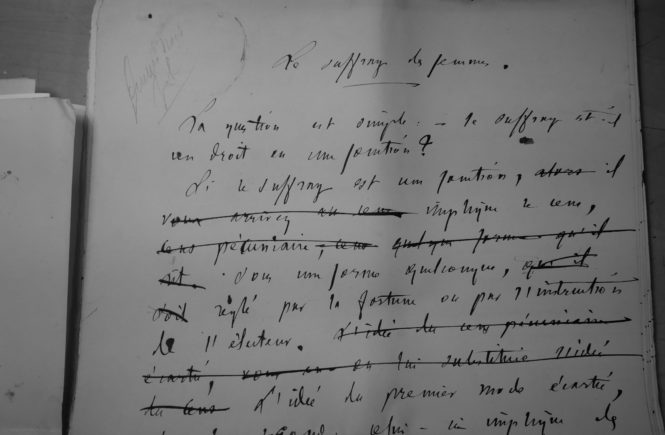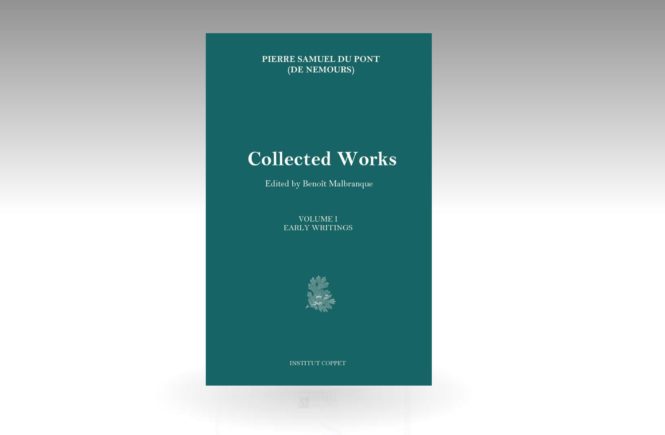, Reflections on the Formation and the Distribution of Riches, trans. William J. Ashley (New York: The Macmillan Co., 1898). Chapters 10 to 12.
10. Progress of society; all lands have an owner.
But the land begins to people, and to be cleared more and more. The best lands are in process of time fully occupied. There remains only for those who come last, nothing but barren land, rejected by the first occupants. But at last, every spot has found a master, and those who cannot gain a property therein, have no other resource but to exchange the labour of their hands in some of the employments of the stipendiary clasS, for the excess of commodities possessed by the cultivating proprietor.
11. The proprietors begin to be able to ease themselves of the labour of cultivation, by the help of hired cultivators.
Mean time, since the earth produces to the proprietor who cultivates it, not a subsistence only, not only wherewith to procure himself by way of exchange, what he otherwise wants, but also a considerable superfluity; he is enabled with this superfluity, to pay other men to cultivate his land. For among those who live by wages, as many are content to labour in this employment as in any other. The proprietor, therefore, might then be eased of the labour of culture, and he soon was so.
12. Inequality in the division of property: causes which render that inevitable.
The original proprietors would (as I have already mentioned) occupy as much land as their strength would permit them with their families to cultivate. A man of greater strength, more laborious, more attentive about the future, would occupy more than a man of a contrary character. He, whose family is the most numerous having greater wants and more hands, extends his possessions further; this is a first cause of inequality.—Every piece of ground is not equally fertile; two men with the same extent of land, may reap a very different harvest; this is a second source of inequality. Property in descending from fathers to their children, divides into greater or less portions, according as the descendants are more or less numerous, and as one generation succeeds another, sometimes the inheritances again subdivide, and sometimes re-unite again by the extinction of some of the branches; this is a third source of inequality. The difference of knowledge, of activity, and, above all, the oeconomy of some, contrasted with the indolence, inaction, and dissipation of others, is a fourth principle of inequality, and the most powerful of all: the negligent and inattentive proprietor, who cultivates badly, who in a fruitful year consumes in frivolous things the whole of his superfluity, finds himself reduced on the least accident to request assistance from his more provident neighbour, and to live by borrowing. If by any new accident, or by a continuation of his negligence, he finds himself not in a condition to repay, he is obliged to have recourse to new loans, and at last has no other resource but to abandon a part, or even the whole of his property to his creditor, who receives it as an equivalent; or to assign it to another, in exchange for other valuables with which he discharges his obligation to his creditor.


